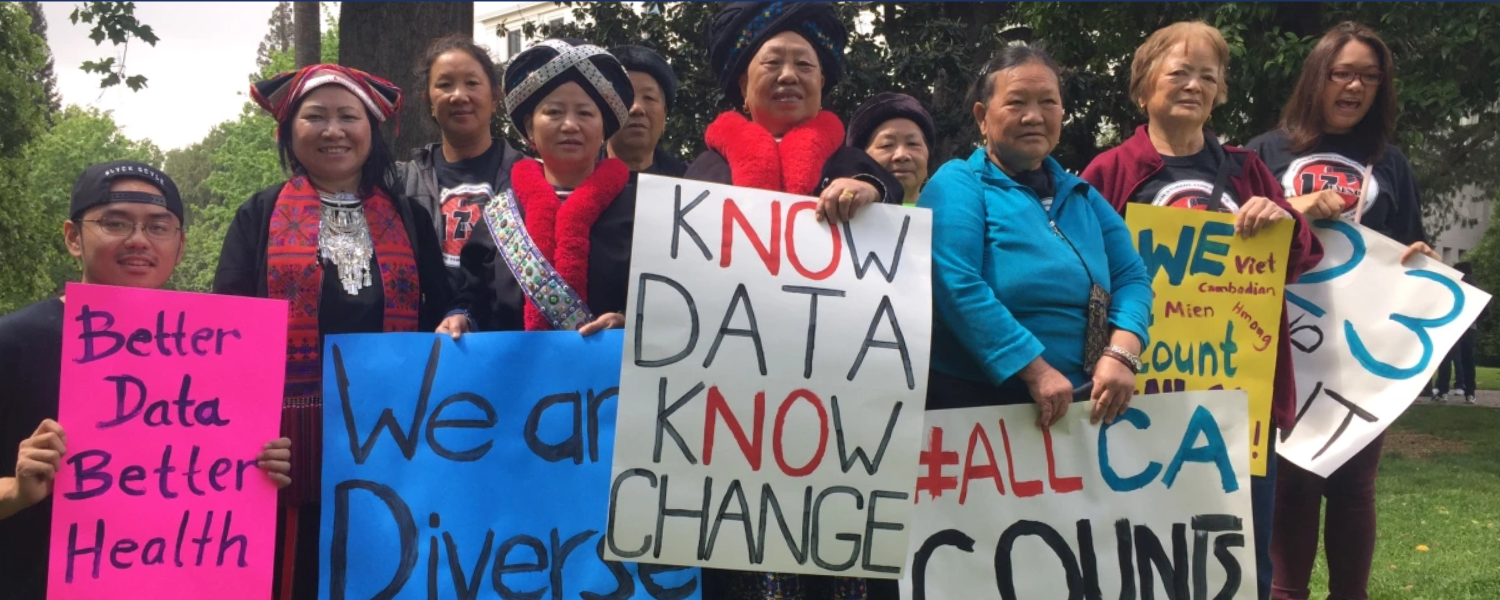October 19, 2023 IN: California, Resources & toolkits
SEARAC and EPIC Release Fact Sheets on Southeast Asian American, Native Hawaiian, and Pacific Islander Youth Mental Health Research
The Southeast Asia Resource Action Center (SEARAC) and Empowering Pacific Islander Communities (EPIC) are proud to launch fact sheets highlighting mental health research on Southeast Asian American, Native Hawaiian, and Pacific Islander youth. The fact sheets are currently available in eight languages including English, Hmong, Khmer, Lao, Mien, Samoan, Tongan, and Vietnamese.
These resources uplift the experiences of more than 200 Asian American, Native Hawaiian, and Pacific Islander (AANHPI) youth from our Voices Unheard: Uncovering the Mental Health Impact of COVID-19 on Native Hawaiian and Pacific Islander and Southeast Asian American Youth report, developed in partnership with AAPI CHARGE. We encourage the community to share these resources and utilize the findings in your advocacy.
Access the new translated fact sheets below:
“Our research found that the twin pandemics of COVID-19 and anti-Asian hate during 2020-22 deeply affected the wellbeing of Southeast Asian American, Native Hawaiian, and Pacific Islander students,” said Mandy Diêc, SEARAC California Deputy Director. “These new fact sheets, available in the languages that our community members speak and read, are vital tools in uplifting the experiences of SEAA and NHPI youth, who are often invisibilized under the larger AANHPI umbrella. We encourage advocates, families, and youth to use these fact sheets to communicate community needs to policymakers and service providers. The unique mental health challenges that SEAA and NHPI youth face cannot continue to be overlooked.”
“Historically, NHPI and SEAA youths and their families have not had influence in shaping the mental health services, programs, and institutions that directly impact their mental health. Mental health solutions for NHPI and SEAA communities should be as unique as the challenges they face. Solutions should honor the diverse identities and cultures of the NHPI and SEAA communities, their lived experiences, and their autonomy,” shared Ka Shoua Thao, Fresno Interdenominational Refugee Ministries (FIRM) Communications Manager. “One such solution is creating culturally and linguistically appropriate mental health resources. Responsive and respectful services have the power to reduce stigma and lift the burden off youths who must often act as interpreters for their parents. Institutions at the local, state, and federal level need to listen to the wisdom that exists in these communities. Solutions, programs, and services should be designed with – not for – them.”













